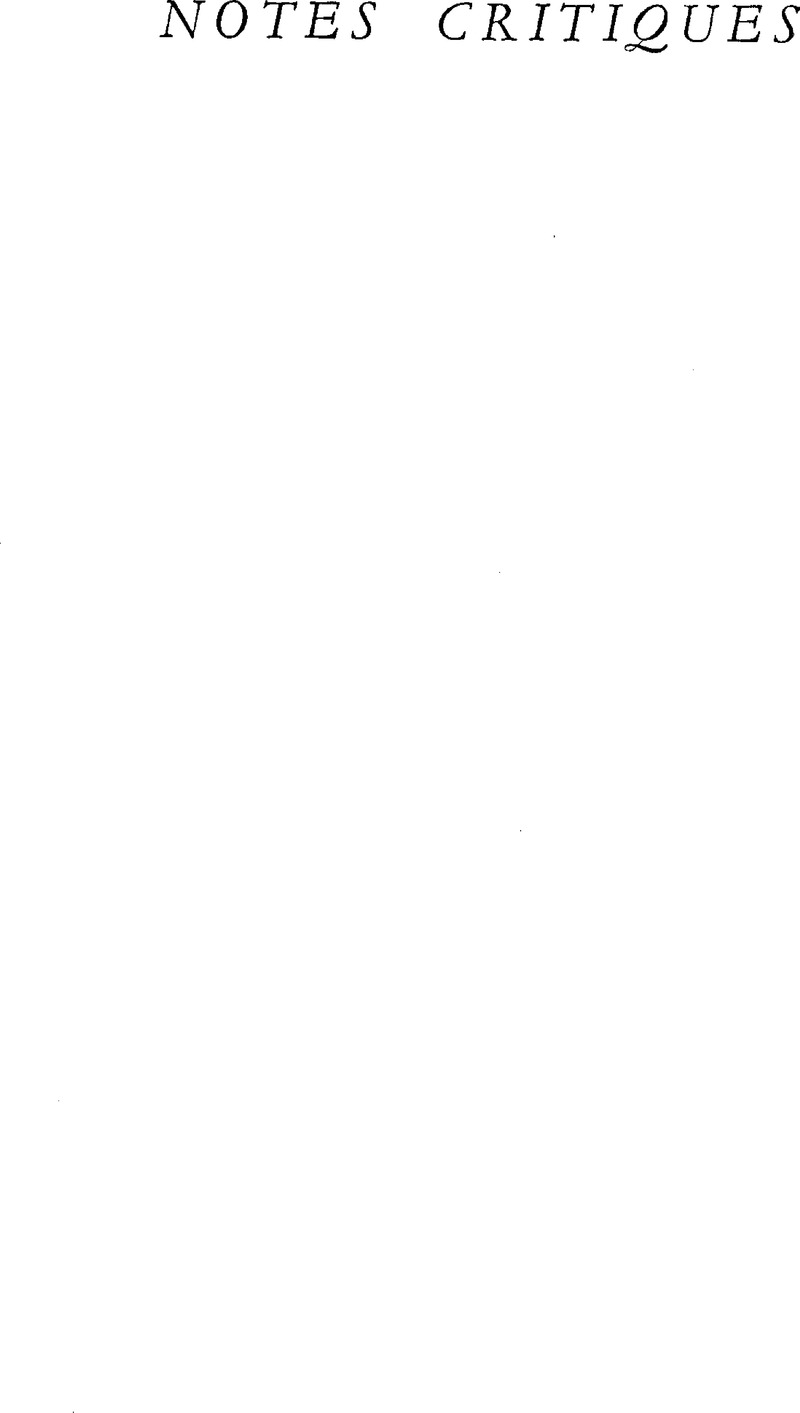Article contents
Patterns of Rural Rebellion in Morocco: tribes as minorities
Published online by Cambridge University Press: 28 July 2009
Abstract

- Type
- Notes Critiques
- Information
- European Journal of Sociology / Archives Européennes de Sociologie , Volume 3 , Issue 2 , December 1962 , pp. 297 - 311
- Copyright
- Copyright © Archives Européenes de Sociology 1962
References
(1) When the Royalist Governor of Tafilalet province, Addi u Bihi, rebelled and was suppressed by the Crown Prince and the Royal Army, the explanation was not that he was not really Royalist after all. When the members of the Ait Abdi tribe, affiliated through their leader Haddu u Mha to the Leftist party, rebelled at the time when the Leftist leader Abdallah Ibrahim was Prime Minister, the explanation was not that they were not ‘truly’ Leftist, i.e. genuine and loyal client? of the Leitist party. (Of course, in a sense they were not truly ‘Leftist’, i.e. they have no idea of what ‘Left’ and ‘Right’ mean in the contexts from which these terms are borrowed. But that is hardly relevant, They do not need to understand to be loyal: and that they were.)
(2) Ashford, Douglas, Political Change in Morocco (Princeton University Press, 1961).CrossRefGoogle Scholar
(3) One of his mistresses was a French actress of distinction, who was duly rewarded by a handsome piece of landed property in Morocco. In her declining years, in an administrative theatrical post in France, she charged one of the district officers, an army captain, to look after her Moroccan landed property. In her case gallantry, if not Muslim Law, ensured some female inheritance, as it were.
(4) The chief of the Ait Atta of the Shadow (i.e. of the Northern slopes of the Atlas) did so in the early fifties, and suffered exile in the South in consequence.
(5) One of the factors in the decline in importance of rural holy lineages was precisely this: their settlements on intertribal borders lost their function of facilitating inter-tribal trade and movement.
(6) There is a rival, Left theory which denies that this was traditionally the case. It maintains, instead, that traditional. pre-1912 Moroccan government was based on consent. Part of the evidence for this thesis is precisely the existence of dissidence, siba, of opting-out by regions and tribes, and of recognised ritual acts for opting-in, for submission. The thesis goes on to maintain that the absolutist interpretation of the past of the Moroccan state was a French invention, designed to rationalise the Sultan's abdication of power in favour of his ‘Protectors’. Cf. Lahbabi, M., Le gouvernement marocain à l'aube du XXe sièele (Rabat, 1958)Google Scholar, and Gellnkr, E., “The Struggle for Morocco's Past”, in The Middle East Journal, Winter 1961.Google Scholar
(7) The police, for instance, remained under the direct control of the monarchy and not the Ministry of the Interior.
(8) The matter was of course further complicated by the trilingual situation. The administration continued to work in French. Some administrators were Arab, some Berber. Some were literate in Arabic, some in French, some in both, and some in neither. Thus many needed interpreters, either to read documents in one of the two written languages (Berber is not written), or to communicate with locals. For instance, a document marked “Confidential” would reach an administrator who happened to be illiterate (the man I have in mind, I should add, is otherwise very able, and was given his post as a reward for ably organising a very daring rebellion during the final months of French rule). He would, of course, be at the mercy of some of his subordinates when it came to reading the document: these subordinates might be politically opposed to him.
(9) Locals were positively irritated when the fission in the major party forced them to make overt avowals of loyalty in one direction or the other, and often evaded this, certainly in the open. The political structure, both of traditional tribal organisation and of the present Moroccan state, makes anticipatory full political commitments, prior to the final result, undesirable and disagreeable. Tribal elections, for instance, end in unanimity, however hard-fought or hard-negotiated they may be.
In the end it is a matter of sheer courtesy to vote tor the victor.
(10) There is an Arab story about a man who went into the desert. His equipment, carefully checked, included matches. To make sure that the matches would prove reliable, he tested and struck each one…
Similarly, those blessed with rural followers cannot test the loyalty of all of them in advance of actual use.
(11) The contrast I am drawing is not the same as the one drawn, by for instance students of Algeria, between old tribal and new national rebellions. That is a different contrast, and no doubt the crucial one for Algeria. But here, we are contrasting old tribal dissidence with new revolts which are not ‘national’ either—they are not attempts at setting up regional independence—but are a move in a new national type of politics.
- 7
- Cited by


